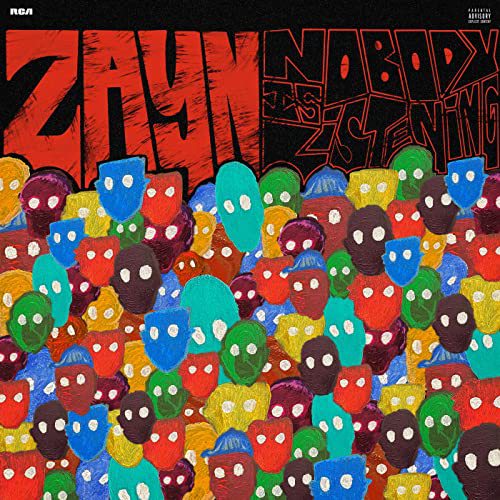IRepresentative Ilhan Omar has once again made headlines after several of her controversial tweets about Israel and its relationship with the U.S were found to be offensive.
After making history during the 2018 midterm elections and being voted into Congress as the first Somali-American Muslim to represent Minnesota’s 5th congressional district in the U.S House of Representatives, the headlines that once praised Omar’s historic appointment quickly turned sour.
The backlash against Omar began after her response to the House GOP Leader Kevin McCarthy, who had insisted that Congresswomen Rashida Tlaib and Omar be punished for their criticism of Israel’s right- wing government. Omar fired back: “It’s all about the Benjamins [hundred dollar bills], baby,” in reference to the Puff Daddy song, ‘It’s All About The Benjamins.’
Shortly after, Omar tweeted about the American Israel Public Affairs Committee (AIPAC), claiming that it was paying for Republican support of Israel.
Critics of Omar’s comments accused her of invoking an anti-Semitic trope that insinuates Jews use money to garner loyalty.
House Speaker Nancy Pelosi released a statement on behalf of the Democratic leadership condemning Omar’s remarks, requesting her to immediately apologize for her “hurtful comments.”
Those that came to Omar’s defense felt as though she had simply called out the corruption of Israel lobbyists in Congress and was criticizing the politicians who demanded she showcase more respect toward Israel.
Following the negative reaction, Omar tweeted a statement recognizing how her words could have been triggering, but made it clear that her apology is not at the expense of her disapproval of AIPAC.
In her apology, she tweeted the following: “Anti-Semitism is real and I am grateful for Jewish allies and colleagues who are educating me on the painful history of anti-Semitic tropes. My intention is never to offend my constituents or Jewish-Americans as a whole. We have to always be willing to step back and think through criticism, just as I expect people to hear me when others attack me for my identity. This is why I unequivocally apologize. At the same time, I reaffirm the problematic role of lobbyists in our politics, whether it be AIPAC, the NRA or the fossil fuel industry. It’s gone on too long and we must be willing to address it.”
Not long after Omar’s controversial tweets, she caught flak for claiming the Israeli government demanded allegiance from American lawmakers.
It was at a Washington D.C. town hall event in early March that Omar mentioned her gripe with what she described as “The political influence in this country that says it is OK for people to push for allegiance to a foreign country.”
Omar was quickly accused of yet again inciting an anti-Semitic trope that suggested those a part of the diaspora can’t possess dual loyalty.
“I should not be expected to have allegiance/pledge support to a foreign country in order to serve my country in Congress or serve on committees,” said Omar in response to critics of her town hall speech.
Pelosi, who had denounced Omar for her tweets, defended her latest remarks, claiming that they were not “intended in an anti-Semitic way.”
In an effort to suppress piling outrage from several Jewish Congress members like Nita Lowey and Eliot Engel, The House passed a resolution condemning all religious bigotry on March 7, 2019.
Although the resolution aimed to ease tension on Capitol Hill, the GOP was not satisfied. Republican spokesman Rep. Ted Budd felt as though the resolution was a cover-up on the Democrats end and that it should have explicitly named Omar.
Supporters of Omar felt as though the lengths taken to silence her was the result of a double standard that doesn’t expect the same level of accountability from white male politicians that make bigoted comments.
Rep. Alexandria Ocasio-Cortez, who has consistently defended Omar for not being a Jew-hate monger, has expressed concern by the pattern of hate speech “coming from the Republican Party” not being “treated the same way.”
House Progressive Caucus co-chair Pramila Jayapal agreed with that there seemed to be a ‘double standard’ and is upset by the ‘intense scrutiny’ Omar has been under.
Since the initial rebukes against her, Omar has remained adamant about the intention of her statements, and how they aimed to critique AIPAC. Whether or not they were misplaced is still up for debate. One thing for certain is that Omar has promised to continuously make impactful efforts in mending ties with the Jewish-American community.














